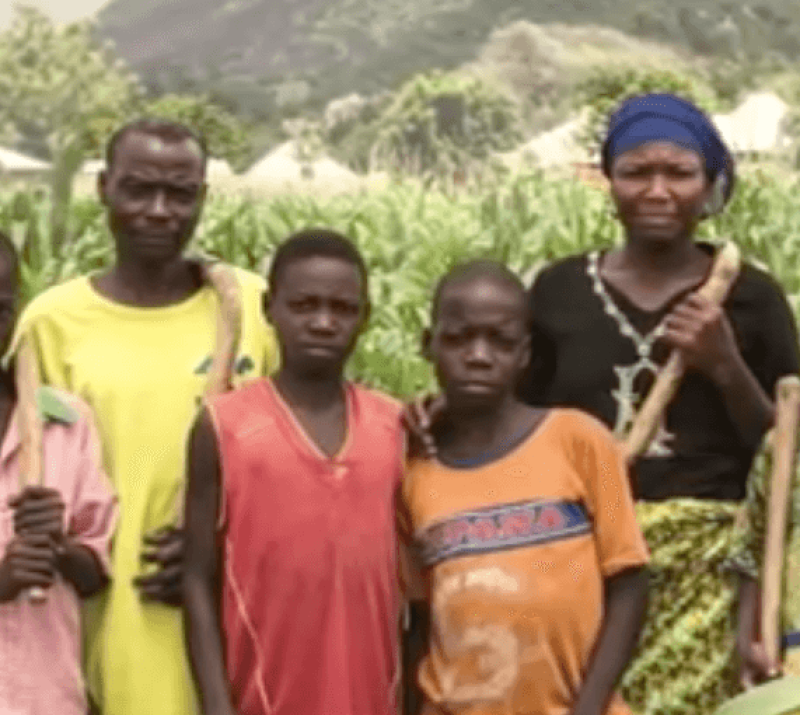The GLP aggregated and excerpted this blog/article to reflect the diversity of news, opinion and analysis.
We (a group of Nigerian farmers) are . . . concerned about this demand that the G8 should not support GM crops in Africa and want to state how important it is that agricultural biotechnology be applied to achieve a sustainable development of agriculture in Nigeria.
. . . . We need the opportunity to make our own choices. . .
. . . .
The adoption of Genetically Engineered crops is very critical for us . . . . Our crop yield is majorly affected by insects. . . climate change [is] making our land less fertile . . . We. . . have limited options to solving our food crisis.
Our cowpea (which the EU has stopped us from exporting because of pesticide residue) is [a] staple crop . . . in Nigeria and Maruca insect reduces its yield by 60%. . . . If we commercialize Bt. Cowpea, it can reduce spraying . . .and . . . pesticides residues to enable us to export cowpea. . . .
. . .[W]e do not want another form of colonialism from this decision you are about to make for us. . . .
Abdallah Yaya is a Member of Cowpea Association of Nigeria. . .
Read full, original post: Open Letter to the EU Parliament From a Group of Nigerian Farmers: Let Us Make This Choice for Ourselves































